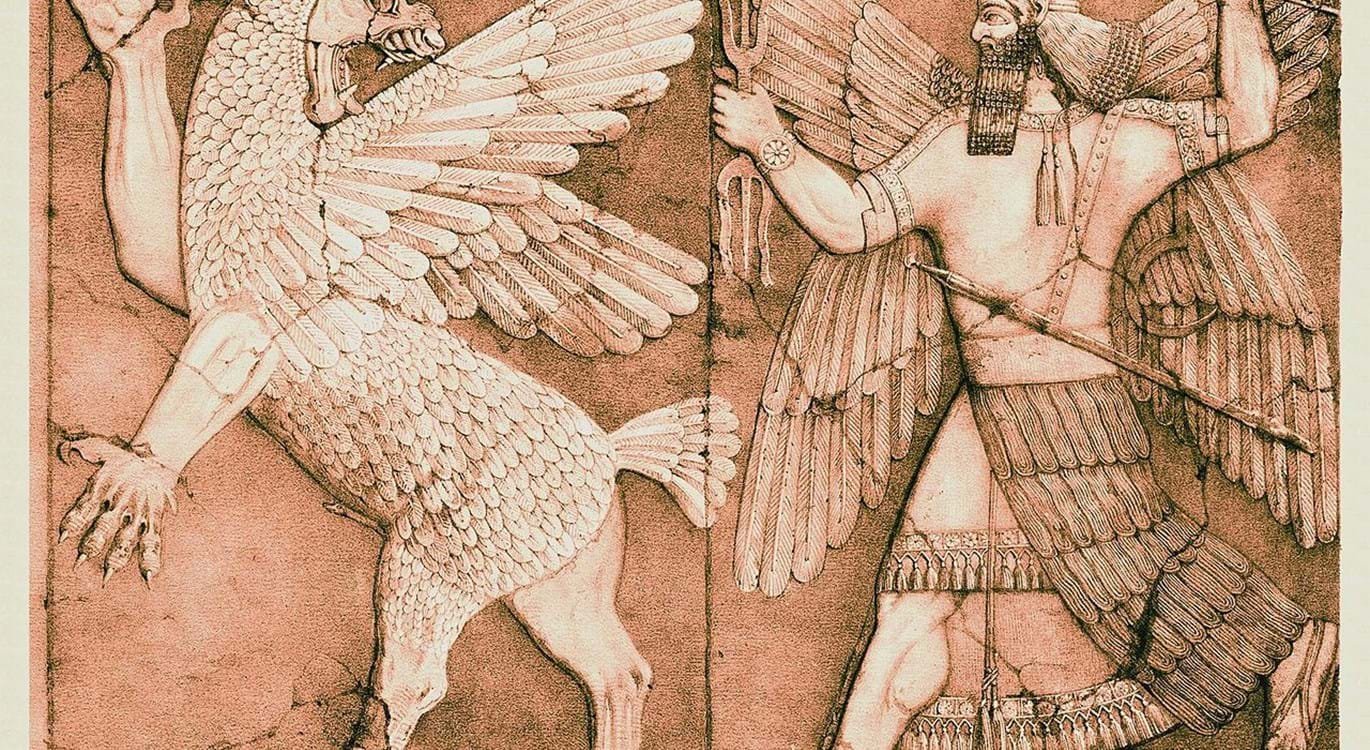Here is part one:
The God of Israel existed eternally
The Bible presents God in a way that distinguishes Him from all of the tribal deities of the surrounding cultures.
The gods of the nations had their own origin stories – they arose from the material universe and thus they are not eternal, immaterial or transcendent. The Babylonian creation epic, the Enuma Elish, tells us how the gods emerged out of the eternal freshwater Apsu and the saltwater Tiamat:
When of the gods none had been called into being, and none bore a name, and no destinies were ordained; then were created the gods in the midst of the heaven, Lahmu and Lahamu were called into being…
Notice how matter is primary and the gods are derived from it. Werner Jaeger, writing about the Greek gods, said “The Greek gods are stationed inside the world; they are descended from Heaven and Earth ... they are generated by the mighty power of Eros who likewise belongs within the world as an all-engendering primitive force. Thus they are already subject to what we should call natural law...”
So, the worldview of the contemporaries of ancient Israel was that the universe was the ultimate reality and the gods came from it, meaning they aren’t eternal and they are material. In contrast, the Bible presents the God of Israel as being eternal and immaterial (i.e., non-physical), and tells us that time and space were created by Him. This means that the God of the Bible is in a unique category – He transcends the universe – it is dependent on Him, He is not dependent on it.
It was only in the last century that science confirmed what the Bible taught from its first verse – time and matter began to exist. If time and matter began to exist then the cause can’t be something temporal and material. The cause has to be eternal and immaterial – just the way the Bible portrays God.
This, I think, is powerful evidence that the God of the Bible is the true God. He is the only adequate cause for the universe.
As Robert Jastrow, the agnostic Director of NASA’s Goddard Institute for Space Studies said when writing about the astronomical evidence from the 20th Century: “For the scientist who has lived by his faith in the power of reason, the story ends like a bad dream. He has scaled the mountains of ignorance; he is about to conquer the highest peak; as he pulls himself over the final rock, he is greeted by a band of theologians who have been sitting there for centuries.”






























